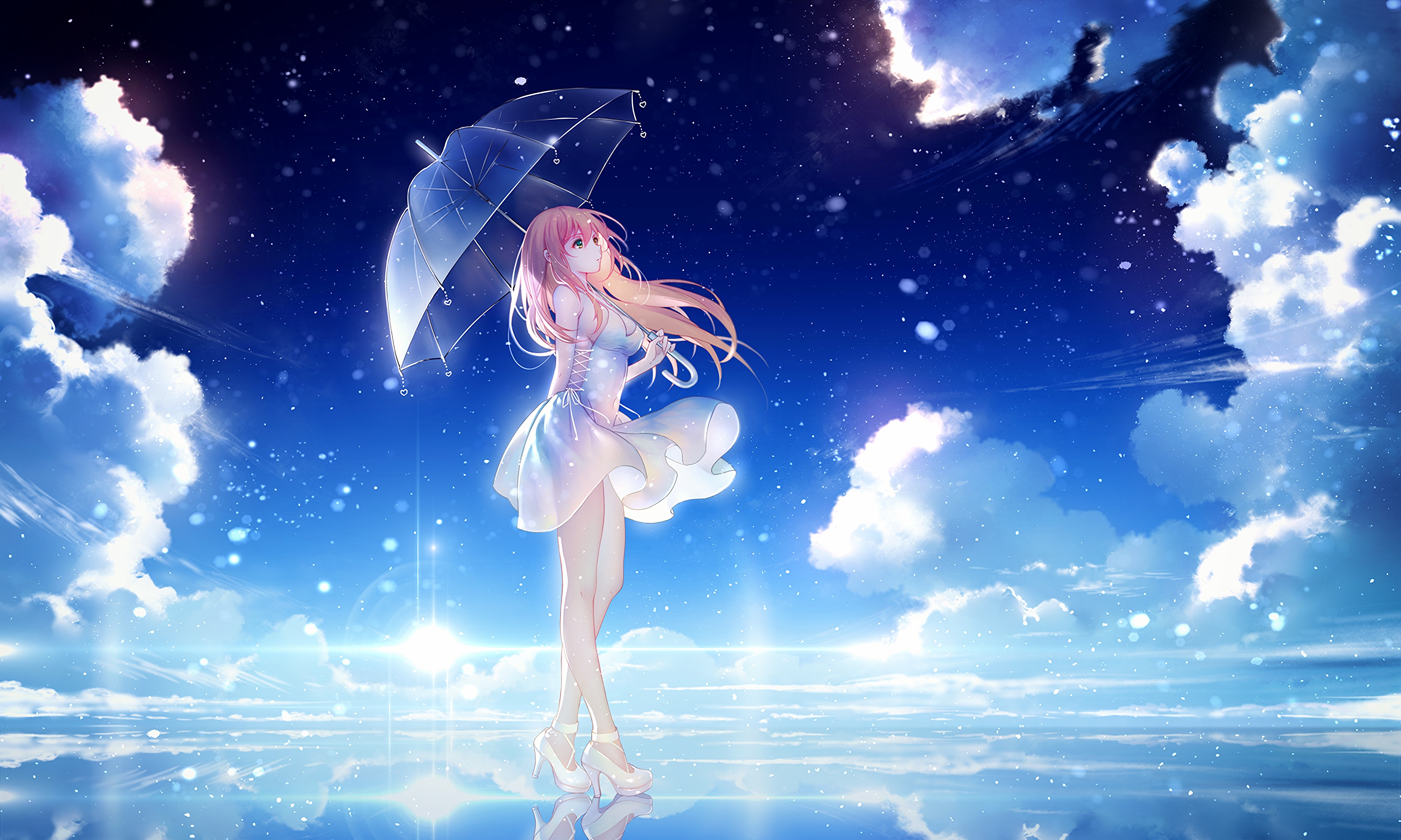What do you look for in an Anime Review (episodic and or full reviews)?
First of all, I do not read the review of the episodes, so everything else only applies to full reviews.
In general, I want to see a fair way and speak for the author. I want to see how the author thinks about the whole work, knowing his preferences and how they influence his judgment. I want to see if you agree with the light and dignity in the series. Also, I want to know how it weighs compared to other articles of the same type, and why.
Finally, I want the review to be well organized with short, catchy paragraphs, word formatting and letter points.
What I want for details:
- Reviewer's domain:
Anime is inside, not just one genre. As a result, there are so many different people watching and enjoying so many different things about it. At the beginning of a good review, I want to have an idea of what types the review author looks at the most, so that I can understand "where you come from".
When I write reviews, I usually put this in the form of something like this
- `` I usually don't watch the mecha series, but ... ''
- '' I've seen a lot of love series over the years, and ... ''
- '' While watching this, I was hoping to get into the right position. ''
- '' I liked , so when I saw coming, I was glad to see that this situation would be very similar. ''
Structure:
I want it to give one or two sentences that establish the world and what is happening. There are no spoilers, of course. Admittedly, many sites have distinct texts that explain what they are, but most often they are taken from Japanese pages before the actual launch, and they are translated carelessly. So anyone who has seen this show is best prepared to summarize the setting in a few sentences.Types (types):
One to four letters of the alphabet is sufficient here. Just looking at these, I have already decided whether I want to read all the reviews or not. Also, any review author will have a much more complete understanding than what the site offers.
Take Uta Kata as an example. This show is usually categorized as `` Magical Girl '' only, which is completely wrong. But this is exactly where it comes from if you only see the official page and / or watch the first few episodes. The reviewer will know more, and can add '' Drama '', '' Dementia '' to that list.Characters:
Let's face it. Many anime shows that there they do not have too much structure. Which is not a bad thing, mind. But it does mean that in many of the themes, the characters themselves will either make or break the viewer's excitement. So this is one of the most important stages.
Are the letters complex or equal? And if they are the same size, what are their residual reserves? How do they come together? Are they operational or simple? etc.Story / Narrative / Attitude:
This is very challenging for the reviewer to write without looting, but it can be very helpful. This is where I seek information where the strengths / weaknesses of the topic are:
Is the story over? What themes are explored by the show? Does it have fillings? Does it turn on the dark side? Does it rely too much on moe? Does it emphasize characters? In technology? Or in magical systems? Or in a game? Or the king of humor? etc.Technical / Style Quality:
Also called `Production Prices ''. This is about technology such as animation quality / music / voice function.
Key questions include:
Is it animation fluid or choppy? Are they using a CG? If so, is it good? Is the music equal? Are the words relevant or conversational? Are there any seiyuu that the author is particularly fond of? Why? etc.Conclusion:
Obviously the most important part. Here, I want the reviewer to summarize all the strengths and weaknesses of the topic - what he liked or disliked. Keep it brief. There are no exceptions / explanations here, which should already exist in the above sections. Finally, add a paragraph to let the student decide yes / no - and direct their expectations.
For example, I really like it when reviewers do things like this in the end:
- '' Don't watch this, you will be disappointed. But if you are looking for a Clannad sci-fi type, this is the program for you. ''
- '' Stay away if you can't stand boring things. But if you enjoy the fun of a funny slapstick with jokes that tear down the third wall thrown in a good measure, do it.
- '' Don't miss out on this magical girl show. It may seem like one at first, but it is not. The longer you look, the darker the cushion will be with you on the edge of your seat. That you love that is up to you. ''
etc.
By the way, as you may have noticed, I tried to write this post as a self-explanatory essay.
